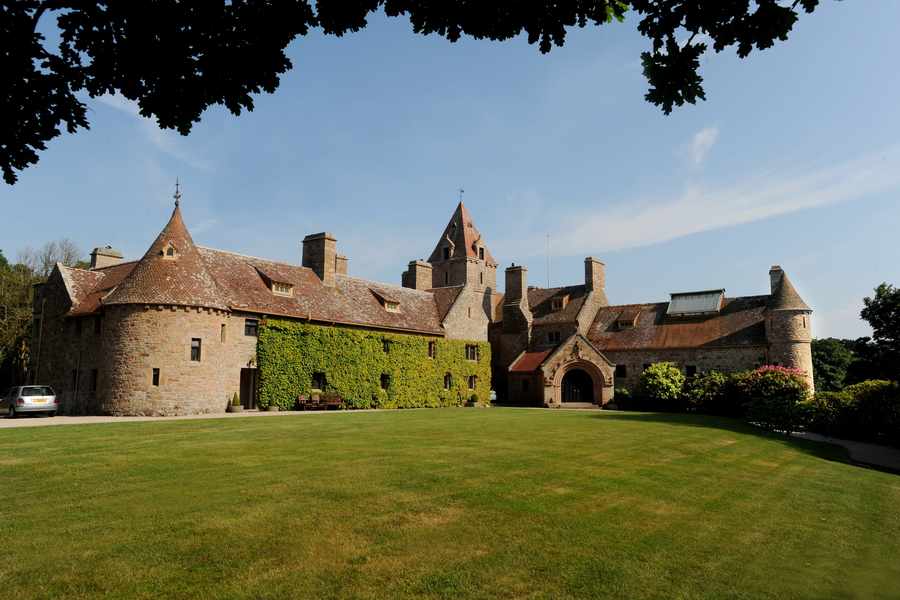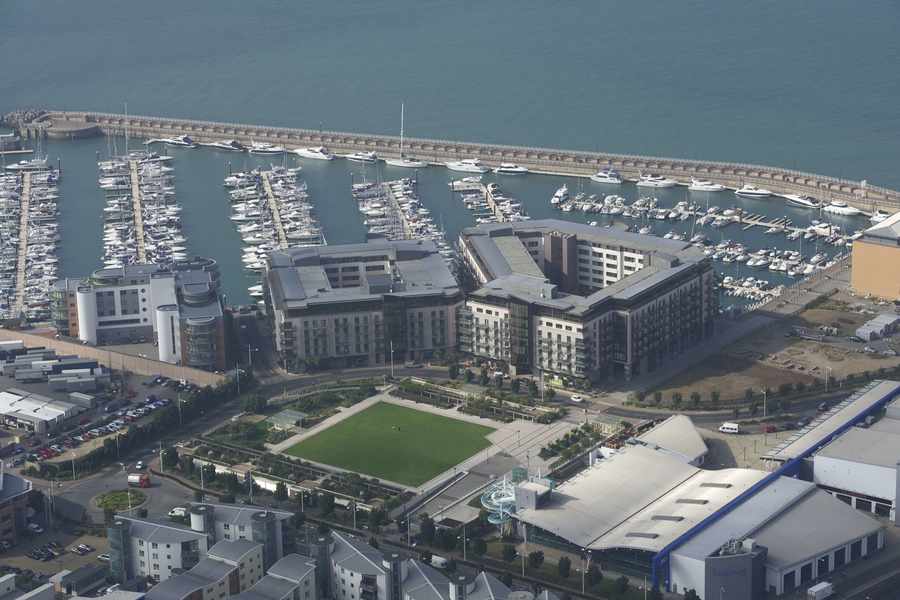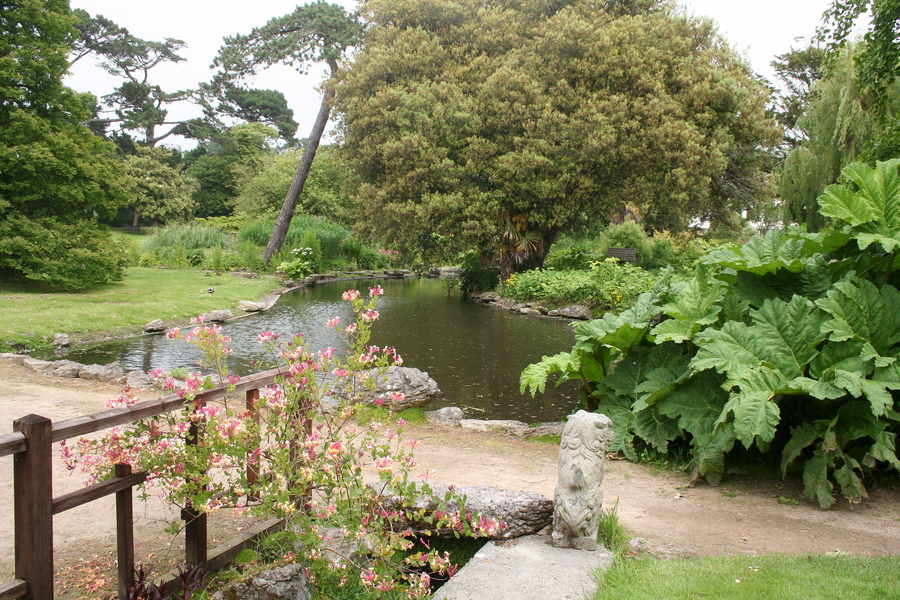Advocate Richard Falle says that the Island and the Crown could be sued under feudal law following the Queen’s decision last week to give the Island’s foreshore and seabed to Jersey.

- A fief is an estate of land granted by the monarch in return for feudal service the terms of service vary for different fiefs.
- In Jersey the holder of a fief is called a Seigneur a similar position to an English manor lord.
- There are five senior fiefs in Jersey St Ouen, Rosel, Samarès, Trinity and Mélêches. The largest and most important is St Ouen.
- There are countless minor fiefs in Jersey, several of which have been confiscated by the Crown.
- One of the surviving feudal duties for the Seigneur of Trinity is to present the monarch with a pair of mallard ducks when they visit the Island.
- A duty of the Seigneur of Rosel is to act as the butler to the monarch whenever they are in the Island.
- The fiefs have their roots in feudal allegiance to the Duke of Normandy during the 11th and 12th centuries.
- Fiefs are inherited but can be bought and sold most are considered to have only a sentimental or ceremonial value nowadays.[/breakout]
He believes that under centuries-old law private rights to many areas of the foreshore do not belong to the Queen but instead to Seigneurs, or feudal lords, who were granted fiefs – hereditary property rights – by past monarchs.
‘The legal view in my opinion is that you cannot give away what you do not have,’ said Mr Falle.
If he is right, the Island could see several reruns of the 14-year legal battle he fought over the area of land on which the reclaimed Waterfront now sits. In 2003, the States effectively paid off Mr Falle and others in a £10 million out-of-court settlement after he argued that the land belonged to an ancient fief, the Fief de la Fosse, which he owned.
The advocate issued his warning after it was announced that the Crown would be transferring ownership of the Island’s beaches and seabed to the public, which will give Jersey more control over those areas, including its territorial waters.
Ministers have said that the move would allow Islanders to profit from leasing out the seabed for wind farms or tidal turbines.
But Advocate Falle says that if any future projects are undertaken in areas where fiefs exist, Seigneurial rights to the land must not be breached or the Crown and the public of Jersey could both face legal action from the Seigneurs.
Because the States settled out of court, his claims to the land under feudal law were never tested.
However, the States paid Les Pas Holdings, a company which acted on his behalf, the 2003 multi-million-pound settlement in return for Mr Falle giving up his rights to the land.
They did so despite a public campaign led by the late former Senator Dick Shenton, who came out of retirement to voice public outrage over the feudal claims to the land.
Mr Falle was the Seigneur of the Fief de la Fosse, which gave him a claim to a large area of foreshore – the area between low and high tide – along the Waterfront.
In return for giving up the rights to the contested land, Les Pas Holdings was given a £10 million parcel of reclaimed land.
The land was later sold to Dandara and was developed into the Castle Quay complex.

‘The Crown can’t give away foreshore which it does not own and there are good many areas of the foreshore where there’s a private fief,’ said Mr Falle.
‘There’s no question over the territorial waters – historically they were regarded as the Crown’s land up to three miles out to sea and then it was extended to 12 miles.
‘But the foreshore is covered by feudal law and they will have to accept Seigneurial rights to certain areas.
‘There have been no disclaimers, so the Seigneurs should still have rights to the land along the foreshore.’
Mr Falle also pointed out that third-party rights along the foreshore need to be taken into account.
‘In certain areas of the foreshore, certain rights have also been granted. For example there is a family that has fishing rights in Grouville Bay,’ he said.
‘Those boundaries have been accepted by the Royal Court and any grants will have to take into account the rights of third parties as well as the fiefs.’
Fiefs were a central principle of the feudal system and consisted of property or rights granted by an overlord in return for allegiance and service.
The rights, which are inherited, could include entitlement to income-producing property or other rights such as hunting or fishing.
Advocate Falle explained that rights held under fiefs in the Island became an issue in the 17th century under the reign of King Charles II.
Charles was asked to grant the wastelands and commons in Jersey to Islander Edward de Carteret but the owners of the fiefs objected as they felt their rights to the land were being ignored.

NEWS that the Crown has given back the seabed and foreshore to the people of Jersey has reopened the debate about an issue which, 12 years ago, led to a public outcry akin to those which were sparked by the introduction of GST and the development of Plémont.
In 2003, the States effectively paid off Les Pas Holdings after its shareholders, led by Advocate Richard Falle, claimed that they held ancient feudal land rights to the area of foreshore on which the Waterfront was built.
The 14-year saga cost the taxpayer £10 million in an out-of-court settlement.
The claims were never tested in court and so the standing of these ancient rights held by Seigneurs remains shrouded in the uncertainty of centuries-old Jersey law.
Now, we are left with the possibility that if the seabed is leased out so that wind farms can be built in Island waters, there could be a repeat of the Les Pas saga because the Minquiers reef off the south coast is part of an ancient fief.
How many more times is the law of unintended consequences going to hit the Jersey taxpayer in the pocket?
How many times are savvy lawyers – or indeed useless ones instructed by short-sighted politicians – going to cost this Island dearly?
The contract put before Keith Cavele, the man behind the doomed Knights of Impossingworth film which cost the Island £200,000, failed to stipulate that the cash for pre-production work had to be spent in Jersey.
Time and again, the taxpayer has had to fund eye-watering pay-offs when top civil servants fall out with their political masters.
The failed legal challenge to the UK government’s decision to stop the Island exploiting LVCR – low-value consignment relief – cost Jersey far more than Guernsey. In that example, the legal advice on which Jersey acted was seriously flawed.
And so the list goes on.
If the costs of shelved consultants’ reports and other professional fees for failed States-funded projects are added to the list, costs such as the hundreds of thousands squandered on finding a new home for the sea cadets, are factored in, the black hole may not look quite so daunting.
And yet who in the pay of the States has taken responsibility for these errors of judgment – this waste of public money?
The answer is as predictable as it is unsatisfactory – nobody.







